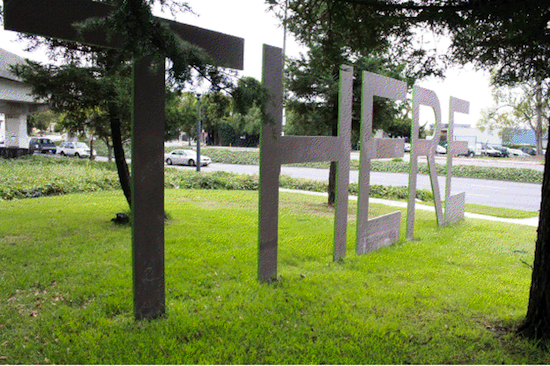The breakout of cold war politics regarding the emerging civil war in Syria casts some light on the insurance markets for ships. Briefly, the United States would like to enforce an arms embargo on the Syrian government, and the Russians are supplying arms. What tools are in Washington's arsenal, short of acts of war? It turns out the answer is ship insurance. (And ship insurance may be a simpler market than ship ownership...) The Telegraph reports:
US enlists Britain's help to stop ship 'carrying Russian attack helicopters' to Syria
"Washington, which last week condemned Moscow for continuing to arm the Syrian regime, has asked British officials
to help stop the Alaed delivering its alleged cargo by using sanctions legislation to force its London-based insurer to withdraw its cover.
"Under the terms of the current European Union arms embargo against Syria, imposed in May last year, there is a ban on the "transfer or export" of arms and any related "brokering" services such as insurance.
Withdrawal of a ship's insurance cover would make it difficult for it legally to dock elsewhere and could force it to return the cargo to port.
...
"It is insured by Standard P and I Club, which is managed by Charles Taylor and Co Ltd of London, whose offshore syndicate director, Robert Dorey, confirmed on Saturday that they were investigating claims that the ship was carrying arms.
...
"
Like most international cargo ships, the Alaed has a complex ownership and management structure. Its registered owner is Volcano Shipping on the island of Curacao in the Dutch Antilles, but it is listed as part of a fleet belonging to a Russian company, FEMCO, which was unavailable for comment last night. According to FEMCO's website, the ship's commercial management and chartering is carried out by United Nordic Shipping, a Danish company based in Copenhagen, but yesterday, United Nordic shipping said that the management agreement had never actually been finalised, and that FEMCO's website was wrong.
************
The insurance on the ship in question has subsequently been cancelled, and the news reports leave me in some doubt about what happens next.
The Telegraph thinks the withdrawal of insurance stops the ship:
Britain stops Russian ship carrying attack helicopters for Syria: A Russian ship believed to be carrying helicopters and missiles for Syria has been effectively stopped in its tracks off the coast of Scotland after its insurance was cancelled at the behest of the British government.
"
As it neared the Dutch coast, the authorities there also hailed the ship, the security sources said, and it made an abrupt turn, heading towards Scotland. It was last night now off the coast of the Hebrides but with no insurance covering the ship security sources say it may now have to return to port."
The NY Times is less sure:
Insurer Cancels Policy on Syria-Bound Russian Ship
"The ship, the 400-foot MV Alaed, owned by the Russian shipping company
Femco, was last tracked about 100 miles to the west of Scotland early Tuesday, according to
data available online. The state-owned Russian news agency Ria Novosti reported that it was carrying “a cargo of Mil Mi-25 attack helicopters” and “coastal-based anti-ship missiles” to Syria.
"Its insurer, the Standard Club, said in a statement that the coverage was withdrawn, raising the prospect that the ship would be delayed as it sought an alternative, because its cargo had breached Standard Club's rules. "We were made aware of the allegations that the Alaed was carrying munitions destined for Syria," the statement said. "We have already informed the shipowner that their insurance cover ceased automatically in view of the nature of the voyage."
"It was not immediately clear why the cargo ship was off the coast of Scotland on its voyage to Syria or whether the ship would continue in defiance of the insurance policy withdrawal."



